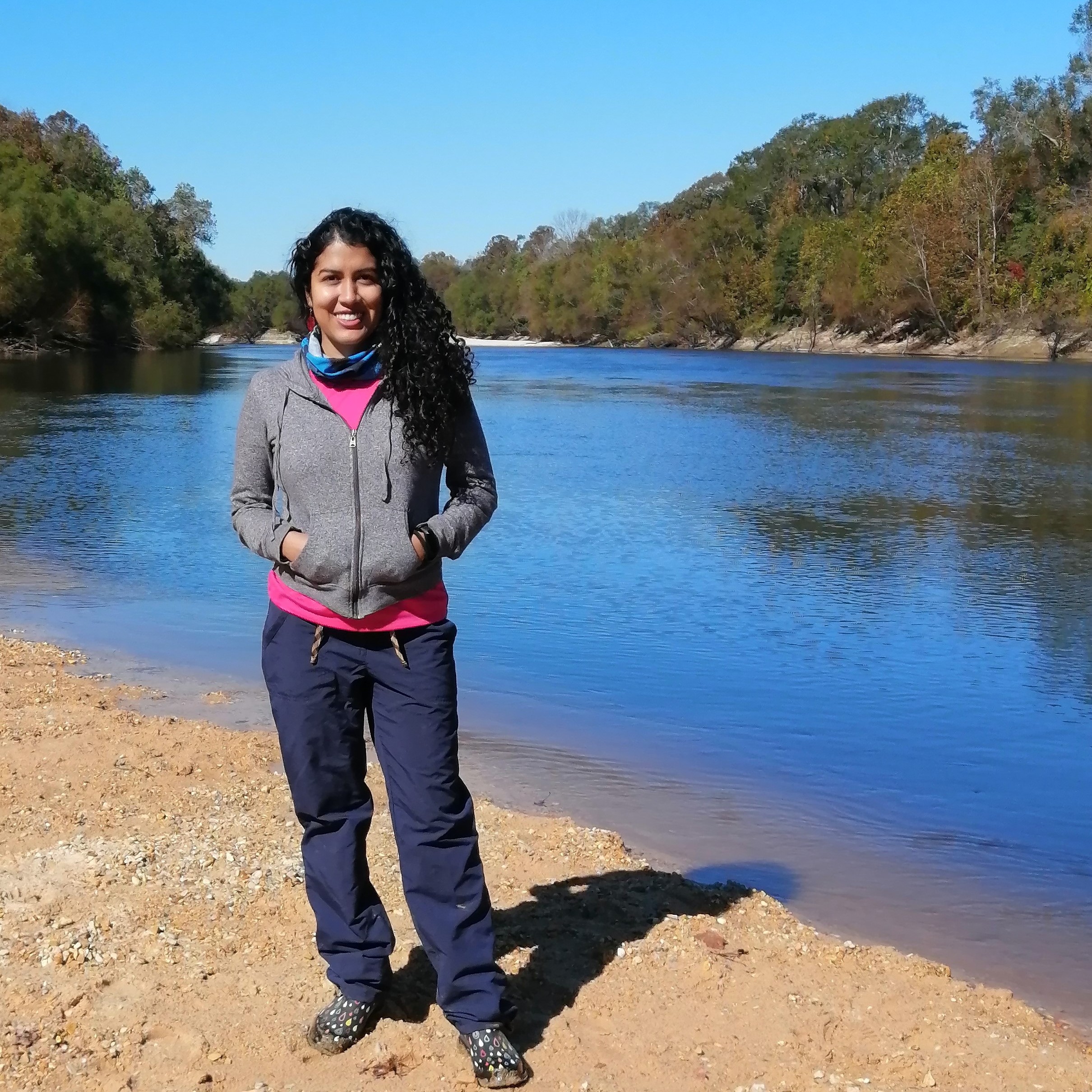Project Results
Desiccation resistance is defined as the ability of an organism to survive periods without water or to reduce water loss. Most research on insect desiccation resistance has focused on arid environments, but tropical insects can also face desiccation challenges. Neotropical ecosystems exhibit the most diverse and abundant biodiversity on the planet but are heavily impacted by climate change because of high degrees of climatic specialization. Army ants are keystone predators and are found both in tropical rainforests as well as in tropical dry forests in northern Costa Rica. We tested whether Eciton differs (intra- and interspecifically) in desiccation resistance across this expanse. I tested the desiccation resistance across five species of genus Eciton. I performed desiccation assays in workers of species Eciton burchellii, Eciton hamatum, Eciton lucanoides, Eciton mexicanum, and Eciton vagans on the grounds of high-precipitation La Selva Biological Station and in the lower precipitation site of Santa Rosa National Park. I report that E. burchelli workers has a higher desiccation resistance among the five species, but an interesting patterns that widen our understanding of both army ant physiology and tropical ecology was also found, where the ants of the lower precipitation site showed a higher tolerance than the ones in the high-precipitation, even when in both places where the same species. These findings have the potential to aid conservation efforts of these species, and ecosystems, but may inform more efficient conservation strategies for the tropics in general.
About This Project
I am studying army ants of the genus Eciton in Costa Rica. These insects will give us better light on how to fight against climate change in tropical forests, especially in the tropical rain forest. Army ants are extremely sensitive to humidity variations, but, what will happen if this pattern changes? How the worker ants will respond? With low-budget equipment, I plan to measure how these ants will respond to lack or low levels of humidity.
Ask the Scientists
Join The DiscussionWhat is the context of this research?
Army ants of the genus Eciton are top predators in tropical rainforests. The ants have evolved to cope with challenging abiotic conditions including desiccation events. Most of the desiccation studies have been conducted in arid zones. However, with climate change, all these patterns are changing so fast that the species might not be able to cope them. If we manage to know more about how desiccation resistance works in Eciton army ants, we can not only help to protect the species itself but also, the entire ecosystem, because as top predators, their absence will cause cascading effects.
What is the significance of this project?
This project is important to help the tropics. If we find more efficient ways to manage and preserve not just one species, but the entire ecosystem, we will be more efficient in our efforts. This low-budget experiment allows to gather reliable data to find out about the desiccation resistance of army ants and this desiccation resistance. Also, this information can be a base to further investigations about similar topics in other species in different places, because climate change is a global threat. Based on this reasons ant the context, I propose to study how workers of different species of Eciton differ in desiccation resistance.
What are the goals of the project?
The project aim to establish the desiccation resistance of army ants in Costa Rica. I will collect workers of Eciton burchellii, E. hamatum, E. lucanoides, E. mexicanum, & E. vagans. Ants will be placed in a chamber through which 0% RH air will be pushed, using an air pump & a column of Drierite. The Drierite is connected to a filter that is connected to a split channel that will distribute the air to 6 plastic syringes (10ml e/o) & had been modified as chambers to put the ants. I will monitor worker conditions hourly, recording the time to death of each individual. I will have positive controls with water instead of drierite.I need funding for the field part of the project that will be developed between June and July of 2023.
Budget
With most of these items (except the boots and the field book) I will make a desiccation chamber, to observe the reaction of the ants in the absence of humidity. I will build something similar to a respirometry for desiccation, but, the ones you can find in the market cost around $55.000 and are not portable or the ones that can be moved, are extremely sensitive to ambient humidity and in the rain forest, humidity is above 90%. This device can be assembled and disassembled to carry to many places, and will only require changing the filters when they run out because of the use.
Endorsed by
 Project Timeline
Project Timeline
The project will be performed in June and July of the present year in La Selva, Costa Rica. During those two months I will track by walking army ants colonies and will collect 15 ants per colony of 5 colonies of each Eciton species and will repeat the assay, to gather as much data as possible. 10 ants will be for the chamber with Drierite and 5 will be used as control with water instead of Drierite.
May 17, 2023
Project Launched
May 30, 2023
Travel from United States to Costa Rica
Jun 01, 2023
Tracking army ants and desiccation experiments
Meet the Team
Affiliates
Karen Robles
Entomologist from Colombia, currently studying in the United States. I have worked with ants in mangroves, establishing potential pathogens in the trees carried involuntarily by the ants due to the contamination disbalance in the ecosystem; medical entomology with Malaria, Dengue, and Zika, in the Colombian Amazon, with the aim to help the population to learn and face better the danger of this diseases and currently working with army ants in the context of climate change.
Additional Information
I am from Colombia but I am studying in Mississippi, USA. As non-US citizen, find funding opportunities to me is difficult, an this is why I though on a low budget equipment to perform my experiment, because I want to help the tropics with my research but also, other researches to overcome the budget issues in science.
Project Backers
- 6Backers
- 102%Funded
- $2,171Total Donations
- $361.83Average Donation

